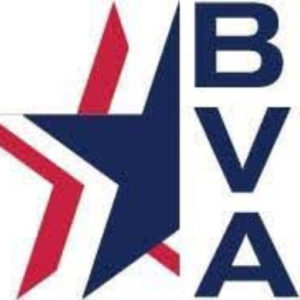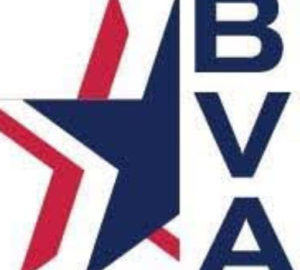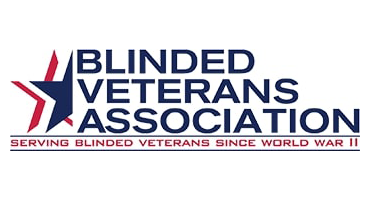The Blinded Veterans Association is currently expressing deep uneasiness over the recently released Office of Inspector General (OIG) report highlighting insufficient compliance with Section 508 of the Rehabilitation Act on the part of the Department of Veterans Affairs (VA). This crucial legislation of the past mandates accessibility of Information and Communications Technologies (ICT) for individuals with disabilities such as blind and low vision veterans.
OIG conducted the audit to address direct concerns from Congress and BVA about the accessibility of VA websites and information systems. The troubling report of the audit, made public on January 17, paints a disturbing picture of an agency that remains behind in complying with its legal obligations.
Key findings reveal the following:
- VA lacks a comprehensive list of its own websites, hindering efforts to assess and ensure accessibility.
- The agency’s website scanning tool, vital for identifying compliance issues, remained inoperable for months, leaving accessibility gaps undetected. Although VA had access to an enterprise solution from Allyant during this period, most VA employees were unaware of the solution or, if they were aware of it, they did not know how to use it.
- VA websites and ICT systems have not undergone essential Section 508 compliance evaluations, creating barriers for countless veterans.
- Existing VA directives regarding accessibility have not been updated, potentially hindering effective implementation.
Equally as critical is the discovery by BVA that many of VA’s contracts lacked the adequate and appropriate verbiage regarding compliance to Section 508, demonstrating a clear lack of interest throughout VA leadership to clearly define accessibility and usability mandates and requirements throughout the Department.
Urgent Actions Needed:
- BVA demands swift and decisive action to rectify these shortcomings and for VA to fulfill its duty toward veterans with disabilities. We urge the Department to:
- Develop a comprehensive and current list of all VA websites and ICT systems to ensure that no critical resource is overlooked.
- Ensure scanning methods for all VA systems that incorporate industry standards, including auditing tools. Gain access to an enterprise license for assistive technology tools and testing from end users with disabilities who use assistive technologies to access VA ICT systems.
- Conduct thorough Section 508 compliance assessments for all websites and ICT systems without delay, prioritizing those with high veteran usage.
- Update obsolete VA directives to reflect the latest accessibility standards and best practices, ensuring that all contracts possess uniform language concerning mandates and requirements for Section 508 accessibility and usability.
A Force for Change:
BVA remains steadfast in its commitment to advocate for the full and equal access of veterans with disabilities to all VA resources. We will continue to monitor and advocate for VA’s adherence to Section 508 of the Rehabilitation Act.
This work first begins with our advocacy efforts with both chambers of Congress to swiftly pass legislation to create a Federal Advisory Committee tasked with oversight of VA’s compliance to accessibility and usability laws and requirements. The critical legislation ensures that impacted stakeholders have a formal seat at the table to assist VA in reaching compliance.
Secondly, we meet monthly with key leaders of VA’s Office of Compliance, Risk, and Remediation and its Office of Information Technology to analyze and provide direct feedback on VA’s accessibility efforts. These meetings enable us to directly engage with the offices that are working on accessibility issues and inform them of the access barriers faced by our fellow blind and low vision veterans.
BVA’s national leadership cannot adequately communicate this information without the help and input of the membership. We must be aware of your positive and negative experiences as you have interacted with VA digital communication tools. We remain optimistic that VA will recognize the gravity of OIG’s findings and take immediate steps to rectify these concerns. BVA will continue to be a vigilant advocate for accessibility, ensuring that no veteran is left behind in the digital age.



